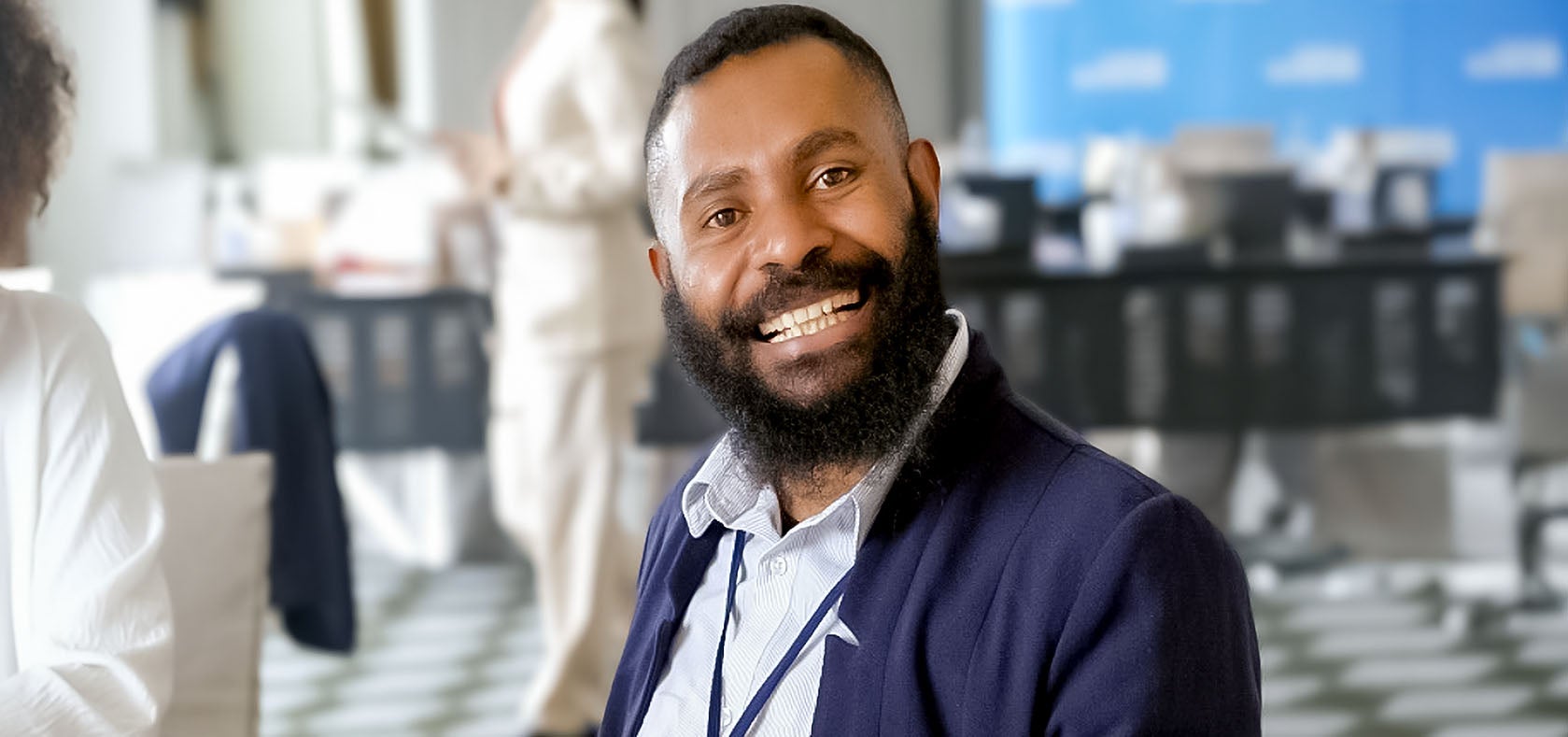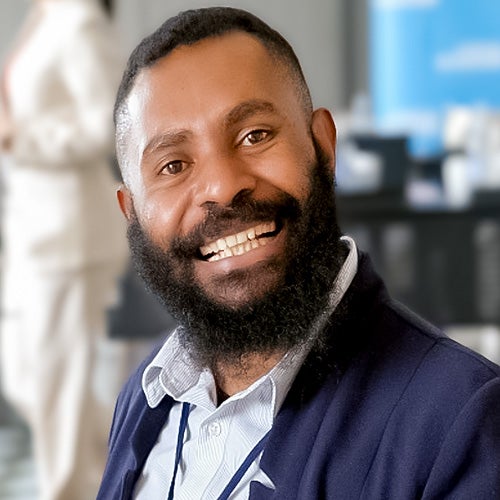Beijing+30 Youth Blog: Male advocates need to champion gender equality in Papua New Guinea
Date:
Author: Manuel Kuria

Papua New Guinea is a land of immense cultural diversity, with over 800 distinct cultures encompassing customs, languages, beliefs and values. This rich tapestry shapes how people behave within society, playing a significant role in its functioning. However, the principle of equality is not commonly practiced, largely due to entrenched cultural norms.
In accessing essential services such as education, health, employment, food, and financial resources, men’s concerns are often prioritized over those of women. Predominantly, we come from a patriarchal society where men are seen as the backbone and support for maintaining the clan or tribe, contributing to customary obligations. In contrast, women are often expected to marry and move to their husbands' homes, visit their own families occasionally, and are sometimes viewed as the property of other men.
Women in Papua New Guinea often face societal norms that deem them inferior and subordinate to men. They bear the brunt of child-rearing and household chores with little autonomy or opportunity for self-expression. Young girls and women are frequently excluded from decision-making processes, a privilege reserved solely for men. This deeply embedded cultural mindset perpetuates a cycle where many women and girls believe this is their rightful place, leading to unreported issues such as abuse, neglect, rape, and violence.
However, the rise of technology and education is providing greater exposure to the global community, altering societal perceptions about gender roles and indigenous cultures. The more opportunities women and girls have for education, the more they learn about gender issues, human rights, and relevant laws. These educational experiences, coupled with advocacy from women’s and girls’ empowerment programs and movements, provide them with hope and a pivotal point to break barriers and advocate for themselves within the safe spaces provided.
Inspired to advocate for the rights of women and girls, I started advocating on behalf of my mother and sisters. I help them provide avenues where their views and concerns are considered, making them feel valuable and heard. I volunteer with several civil society organizations (CSOs) at both national and regional levels. I am an active member to UN Women’s 30 for 2030 Youth Network of Asia Pacific and I engage in community services at the University of Goroka where we help provide support to survivors of gender-based violence, intimate partner violence, sexual assault and relationship violence and abuse in partnership with other CSOs, non-governmental organizations and government agencies.
I am certain that if we continue to sensitize more male advocates in Papua New Guinea, we will help break gender barriers and promote equality and justice at all levels. The Beijing Platform for Action serves as an excellent mechanism, providing safe spaces for all to push for change. And for us, male advocates, it is also a platform to express our heart-felt concerns for women, highlighting the injustices they have endured for far too long.
In the past, men were given more opportunities than women, but things are slowly changing. As a young male advocate, I aim to change perceptions, break the barriers of inequality, and strongly advocate for effective collaboration among international agencies, governments, the private sector, and civil society organizations to push for equality at all levels. Together, we can create a future where gender equality is a reality for all.
Biography:

Manuel Kuria, 30, has a Post-Graduate Diploma in Education specializing in Social Science and Personal Development and a bachelor's in applied science specializing in Family and Community Studies (Social Studies). Currently, he works as Family and Community Studies Tutor at the University of Goroka, Papua New Guinea. Manuel has a strong interest in sexual reproductive health and rights, gender equality and ending violence against women, mental health, human rights, empowerment, advocacy, social inclusion, climate change, and the Sustainable Development Goals. He was also a participant at UN Women’s Gen-Forum 2024: Young Leaders for Women, Peace and Security in Asia and the Pacific, the outcomes of which are feeding into the regional Beijing+30 process.